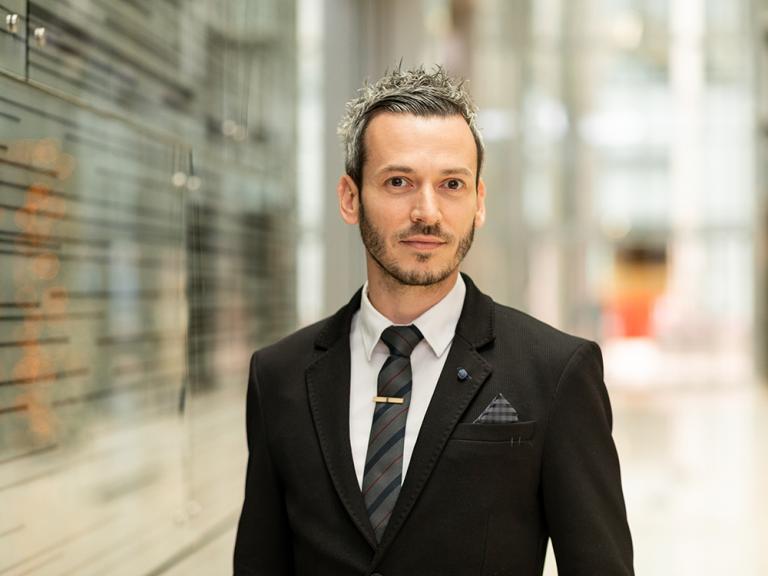Jean-Philippe Vergne

Biography
JP studies capitalism’s evolution at the intersection of technology and organization, with a focus on how socially contested organizations affect the birth and renewal of industries. His work contributes to related research on (a) industry evolution and organizational adaptation; (b) categorization, stigmatization and disapproval; and (c) organizational decentralization.
After researching international trade in the 17th century, analog & digital communications in the 1960s-90s, and the global arms industry around 9/11, JP’s focus has been on Web3 since 2015. He regularly collaborates with established firms, startups, and regulators interested in this space.
In 2016-2020, JP was a founding director of the fintech-focused Scotiabank Digital Banking Lab at Ivey Business School, in Canada, where he launched and chaired the first three editions of the Toronto Fintech Conference.
JP’s award-winning research has been featured in such media outlets as the Financial Times, The Globe & Mail, The Economist, Bloomberg, CBC, Forbes, Al-Jazeera, as well as in various cryptocurrency news sources. JP has given keynote presentations at international technology conferences (Google Zeitgeist, South by Southwest, TEDx) and at high-profile corporate events. JP advises start-ups and consults on strategic issues involving adaptation and technology innovation.
In his spare time, he enjoys live music, art shows, and wine tasting.
For a brief overview of his work on capitalism’s evolution without academic jargon, you can read this. If you have more time and would rather watch a recent video, check this recorded podcast. Links to full research papers can be found in JP’s CV, linked below.
Prospective students with a research project closely aligned with JP’s current interests should feel free to reach out over email.
